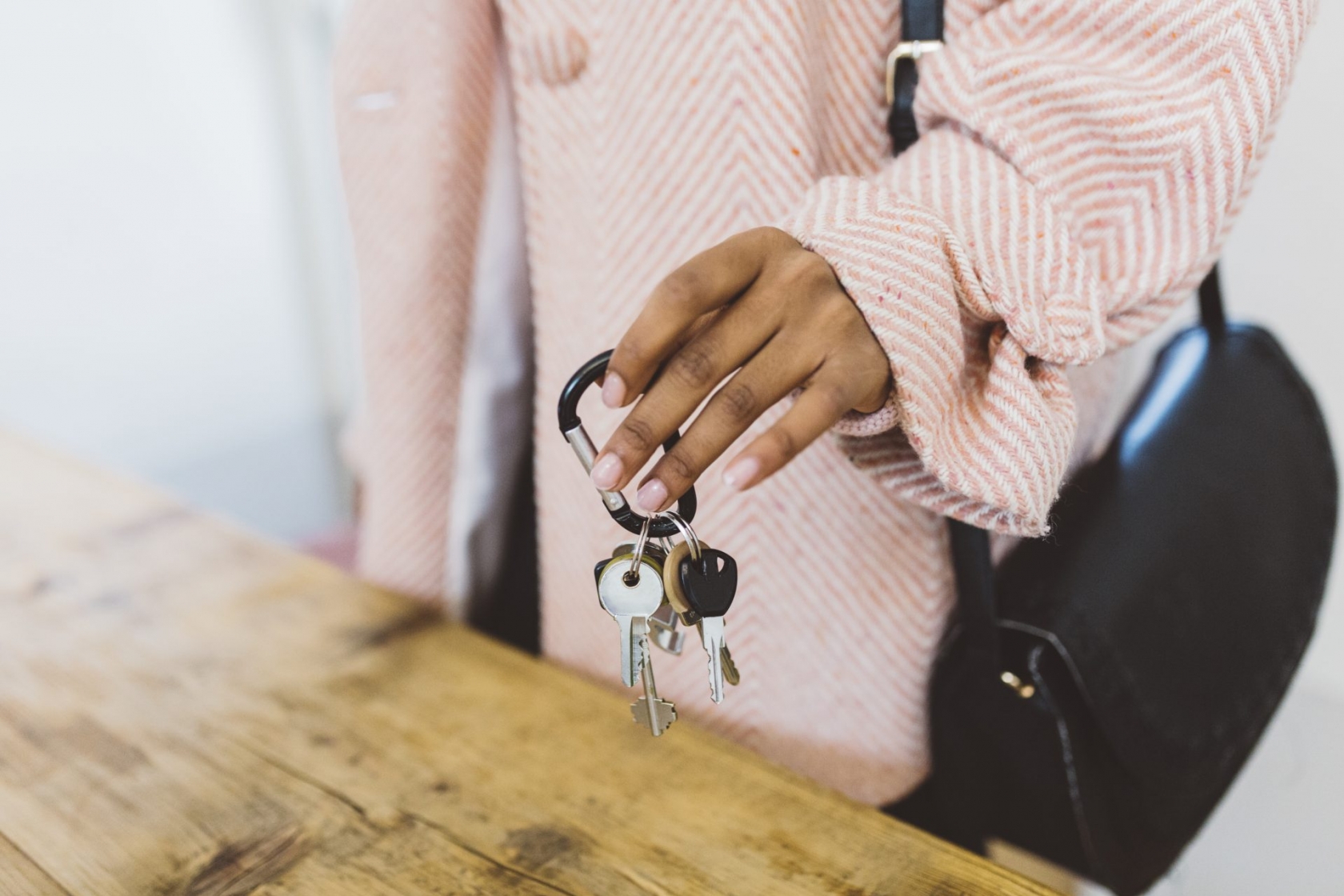This week marked the start of the government’s new mortgage guarantee scheme. But what does the increase in 5% deposit mortgages now on the market mean for first-time buyers? We asked the experts.
Alongside the outrage surrounding the European Super League and the ongoing conversation about London’s upcoming mayoral election, this week marked the start of the government’s new mortgage guarantee scheme to help buyers with low deposits to purchase a home.
Under the scheme, which will run until December 2022, the government will help first-time buyers and current homeowners to secure a mortgage for a property up to £600,000 with just a 5% deposit.
They will do so by providing lenders with the guarantee they need to cover the 95% loan, subject to the usual affordability rates. For example, this means that, if the borrower was unable to keep up with payments and the lender lost money, the government would shoulder some of the cost.
In this way, the scheme is designed to help those unable to save up a big deposit to purchase a home by increasing the number of 5% deposit mortgages (or 95% loan-to-value (LTV) mortgages, as they are also known) on the market – a number which massively decreased as a result of the coronavirus pandemic.
However, although the scheme has been described by ministers as a way for the government to help turn “generation rent into generation buy,” experts have expressed concerns over whether these mortgages will actually make a positive difference.
So, if you’re looking to buy, are 5% deposit mortgages a good idea, and what things do you need to consider before you invest? To find out more, we put our questions to a series of experts – here’s what they had to say.
Are 5% deposit mortgages a good or bad thing for first-time buyers?
Although the new mortgage scheme will certainly give buyers who are unable to save for big deposits more options when it comes to getting on the property ladder, it’s not all good news.
Sarah Neate, editor in chief of Ocean Finance, explains: “Seeing more 5% deposit mortgages re-enter the market again is great, especially for first-time buyers. It makes it more affordable for people to enter the housing market, as you only need to muster up 5% of the property value, and it’s especially great for those who have good, steady incomes but don’t have a huge amount of savings – and would struggle to save a 10% home deposit.”
She continues: “However, a 5% deposit is somewhat of a risk – for a few reasons. It’s worth noting that 95% LTV mortgages tend to have interest rates that are around 0.7-1% higher than 90% LTV mortgages. This means you’ll be paying more each month than if you had a 10% deposit.
“It’s also worth noting that when starting with only 5% of the value in your home, there’s the worry that, if house prices fall in the short-term future, there’s potential to end up in negative equity. This would mean the property ends up worth less than the mortgage on it.”
Indeed, as Caitlin Wilkinson, policy manager at Generation Rent, previously told Stylist, while low deposit mortgages may be designed to make buying a home more accessible for those with lower equity, it doesn’t mean they are fit to address some of the biggest problems faced by young people stuck in the private renting sector – and may even make them worse, by causing house prices to inflate.
Considering the fact that house prices are already rising (according to new figures from the Office for National Statistics, the average house price rose by 8.6% over the year to February), that’s not good news for those looking to take their first step onto the property ladder.
“Two-thirds of private renters have no savings at all, and renting is unaffordable for women on an average salary in almost every area of the country,” Wilkinson explained.
“For those who do manage to save up for a deposit, this policy will do nothing to bring house prices down, as the prime minister has done nothing to increase the supply of housing. To address the housing crisis, the government must build more genuinely affordable homes, while ensuring that the private rented sector is secure and safe for people living in it now.”
Jo Hornhill, finance expert at MoneySuperMarket, shares a similar response. She says that, while the new mortgage guarantee scheme is a welcome development that addresses one of the major barriers to more people getting on the housing ladder, it’s important that the government continue to address the long list of reasons why people aren’t able to buy.
“[The new scheme] alone won’t cure all the issues facing first-time buyers, so we’d encourage the government to think about long-term solutions for making home-ownership a reality for more Brits, especially those who believe it to be out of their reach,” she says.
What should first-time buyers consider before investing in a 5% deposit mortgage?
Investing in a mortgage is a big deal, so it’s worth taking your time and doing some research before you make any kind of decision.
With that being said, the first thing you’ll probably want to consider is whether a 5% deposit mortgage is right for you – especially if you’re not in a rush to buy a property.
“For those looking to buy a property, it’s important to shop around online to compare rates,” explains Mark Gordon, director of mortgages at comparethemarket.com. “There are also handy mortgage calculator tools that can help you see how much you could be eligible to borrow, as well as breaking down monthly repayments.”
Gordon continues: “You may find that the rate difference between a 90% and 95% LTV mortgage could be significant, so if you aren’t in a rush to buy, it could be worthwhile saving up a little more until you have a 10% deposit which could enable you to secure a lower interest rate – and you could also have a wider pool of mortgage products and lenders to choose from.”
Along those lines, if you do decide a 5% deposit mortgage is for you, it’s important to shop around for the best deal available.
“If you’re a buyer, as ever, it’s important you consider your options carefully,” Thornhill recommends. “5% deposit mortgages often come with higher interest rates to offset the risk the bank is taking on, so if you don’t have a higher deposit, make sure you shop around for a deal that meets your affordability requirements.”
Speak to a financial adviser registered with the Financial Conduct Authority before taking any financial advice, and think carefully before making any decision.
Images: Getty
Source: Read Full Article


